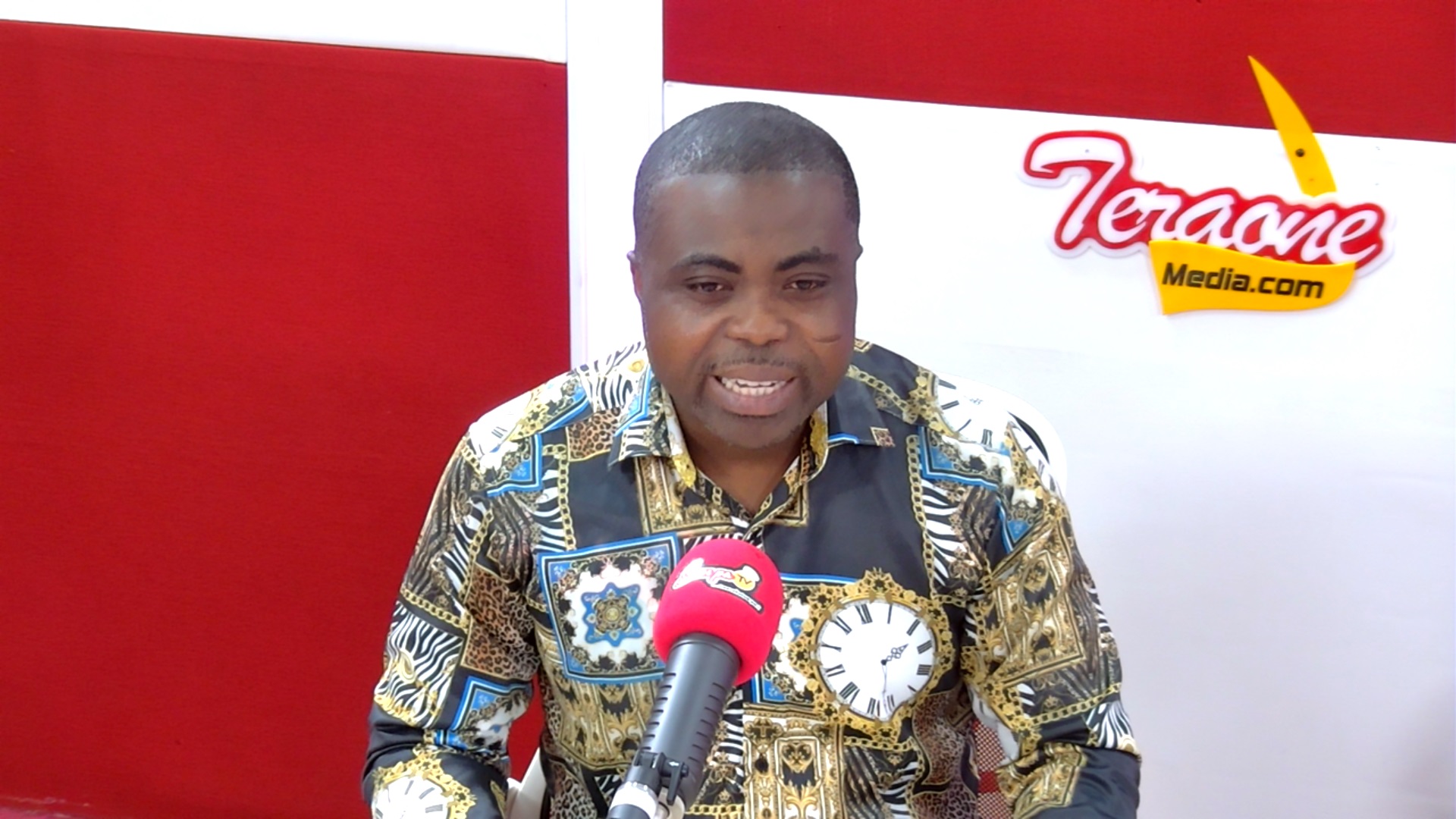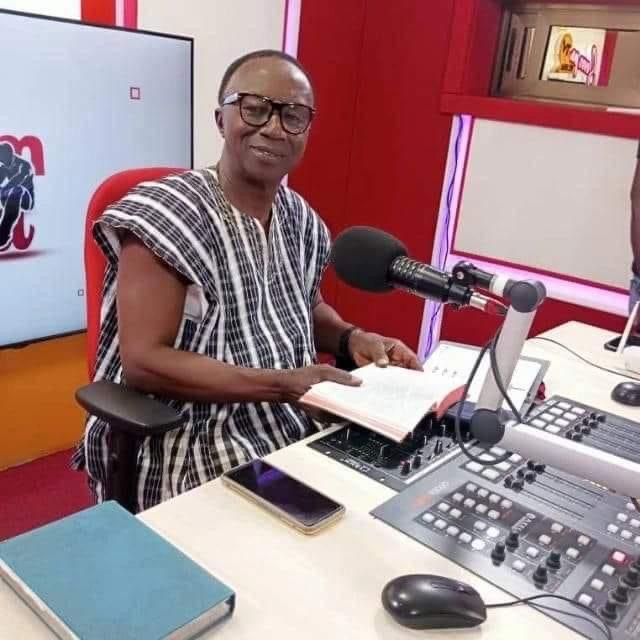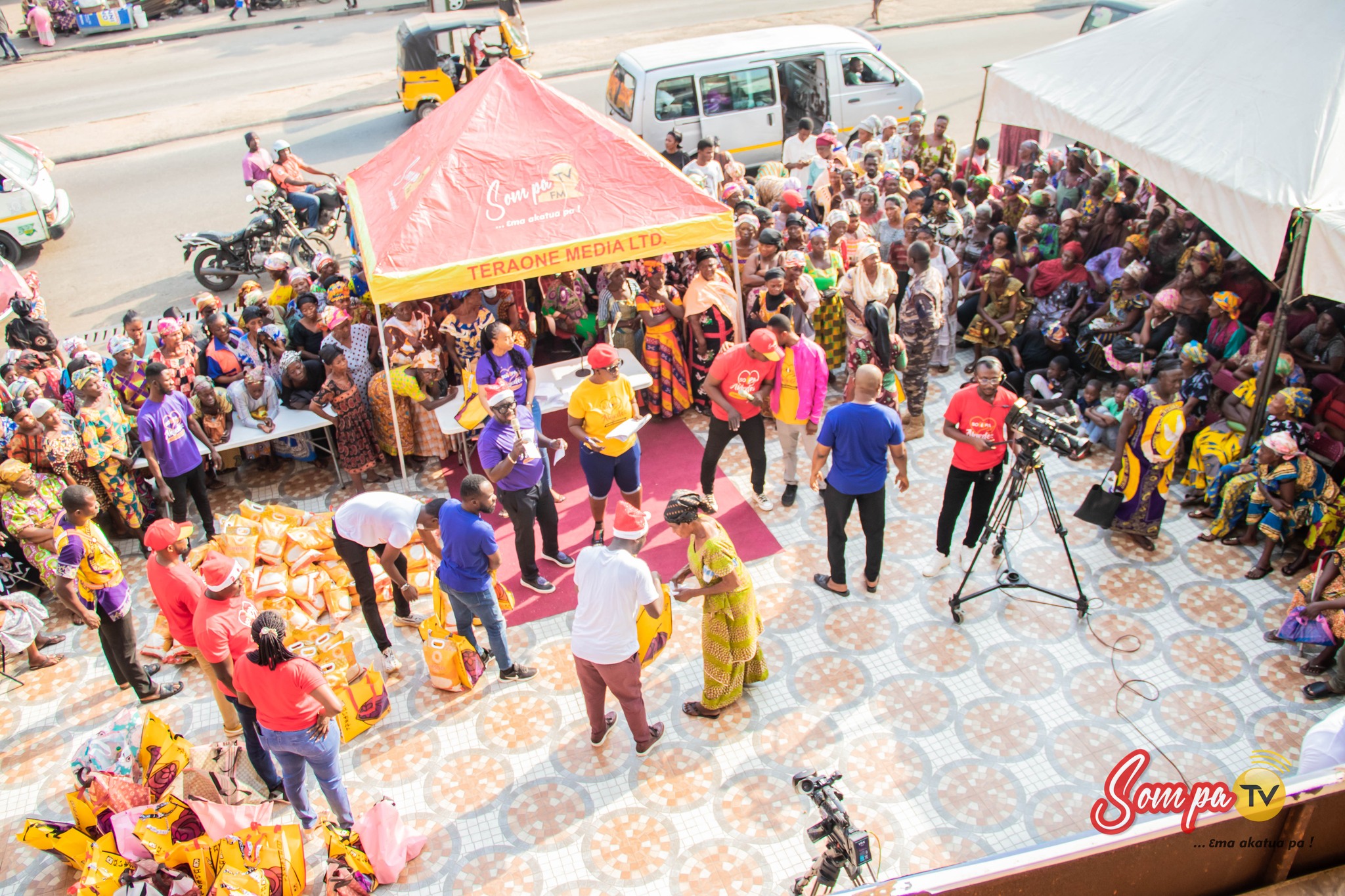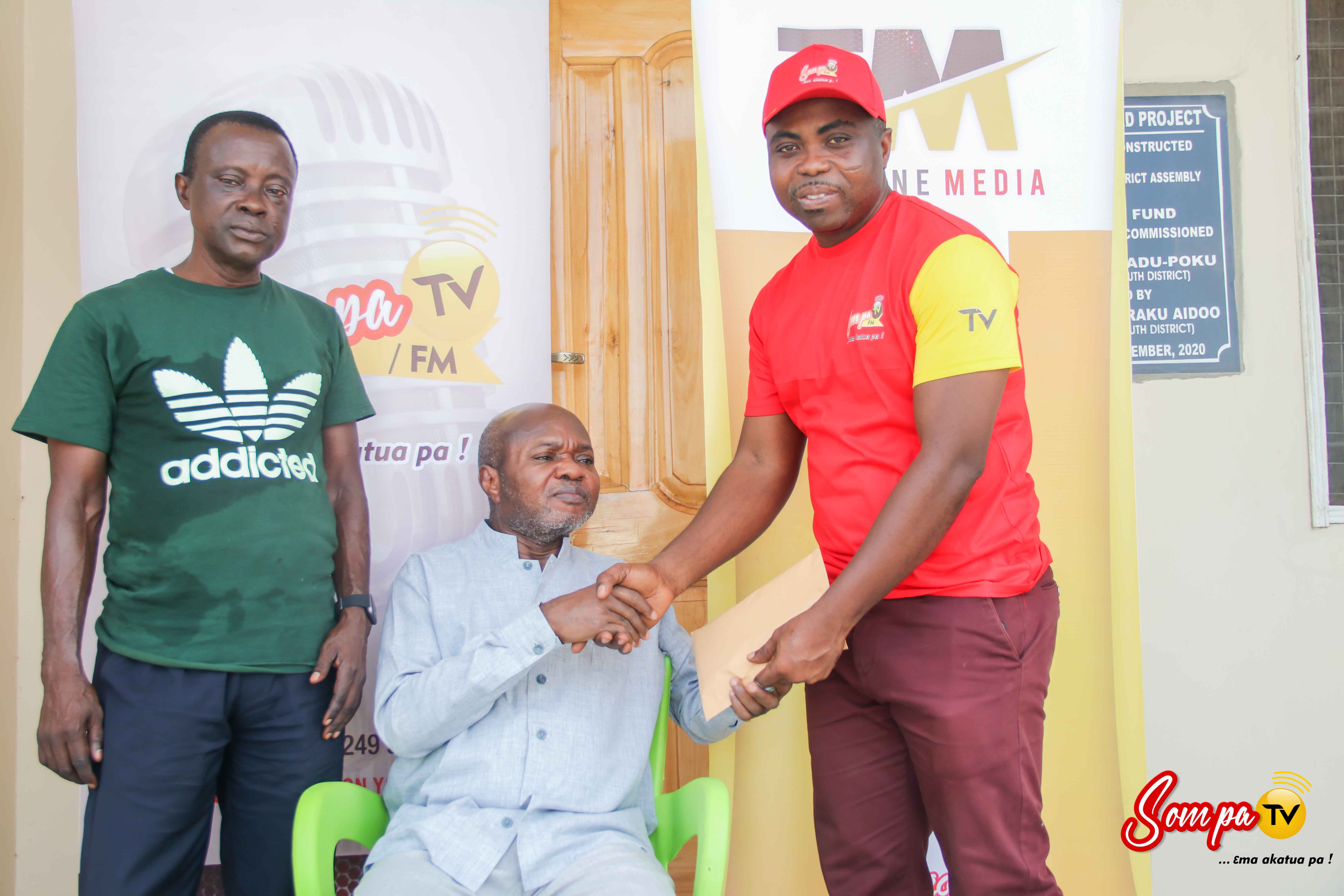On January 10, 2025, His Majesty Otumfuo Osei Tutu II, during a historic visit by the World Bank’s Vice President for Western and Central Africa, His Excellency Ousmane Diagana, made a profound statement that resonates deeply with those who are committed to sustainable and independent development. “I don’t want to depend on politicians for my development. I don’t want that so let’s have the social contract. This is something I want us to look at,” Otumfuo remarked, setting a bold vision for the future.
As a leader and advocate for self-reliance, Otumfuo’s statement aligns with the aspirations of many who believe that sustainable development must be community-led, inclusive, and devoid of over-reliance on political structures. This vision underscores the importance of fostering partnerships, empowering communities, and leveraging local resources for development that lasts. Inspired by this clarion call, I share Otumfuo’s commitment to a development model that prioritizes collaboration, innovation, and a social contract rooted in mutual accountability.
A Social Contract for Sustainable Development
The concept of a social contract Otumfuo envisions is one where communities, traditional authorities, private entities, and international development partners work in unison. This model ensures that development is not held hostage to political cycles or party agendas but is instead driven by a collective commitment to shared goals.
In practical terms, this requires:
• Community Ownership: Empowering local communities to identify their developmental priorities and actively participate in implementing solutions.
• Partnerships with the Private Sector: Encouraging investments that create jobs, build infrastructure, and improve the quality of life in ways that align with the community's long-term vision.
• Traditional Authority as a Development Catalyst: Leveraging the respect and influence of traditional leaders to mobilize resources, mediate conflicts, and advocate for community needs.
• Transparent Accountability: Ensuring that all stakeholders—be they traditional leaders, private investors, or international organizations—operate transparently and deliver measurable outcomes.
Lessons from KUMAP and Beyond
Otumfuo’s remarks were made during discussions on the Kumasi Urban Mobility and Accessibility Project (KUMAP), which seeks to transform Kumasi into a more livable and accessible city. KUMAP is an example of how international cooperation can work in tandem with local leadership to drive impactful change. However, Otumfuo’s call reminds us that even such initiatives must be rooted in local priorities and executed with minimal dependence on political will.
This approach is particularly crucial for projects in sectors such as education, health, agriculture, and infrastructure, where consistent progress can only be achieved through sustained, community-led initiatives.
My Role in Advancing Otumfuo’s Vision
As a committed leader, a stakeholder in traditional governance, and an advocate for sustainable development, I am inspired to contribute to this vision in the following ways:
1. Empowering Communities: Through programs that engage youth, women, and farmers, I aim to foster skills, innovation, and self-reliance.
2. Promoting Agribusiness: Initiatives like the Asante Kingdom Agribusiness Chamber will encourage value addition and export-driven strategies that transform agriculture into a pillar of economic growth.
3. Driving Technology and Education: Establishing entities like the Asante Kingdom Chamber of Technology will harness the power of innovation to address local challenges in health, education, and entrepreneurship.
4. Collaborating for Impact: Partnering with development agencies, traditional councils, and private firms to ensure every initiative contributes meaningfully to the lives of our people.
A Call to Action
Otumfuo’s statement is not just a declaration but a rallying cry for all who believe in the power of community and tradition to drive development. It challenges us to rethink dependency and to embrace a model where our collective effort replaces reliance on external forces.
To achieve this, every stakeholder must take responsibility. Communities must rise to the challenge of self-reliance; businesses must prioritize investments with a social impact; and development partners must respect the autonomy of local leadership while offering their support.
As a member of this transformative journey, I am proud to align my work and vision with that of Otumfuo Osei Tutu II. Together, through collective resolve and innovative thinking, we can redefine development in a way that honors our heritage, serves our people, and secures our future.
Let us embrace this social contract, not just in words but in actions that resonate across generations. For in the words of Otumfuo, our destiny should never be left at the mercy of politics—it is ours to build, nurture, and sustain.
Barima Acheampong Sarpong II
(Asante Asamanhene)
Sompaonline.com













 Sompaonline.com offers its reading audience with a comprehensive online source for up-to-the-minute news about politics, business, entertainment and other issues in Ghana
Sompaonline.com offers its reading audience with a comprehensive online source for up-to-the-minute news about politics, business, entertainment and other issues in Ghana